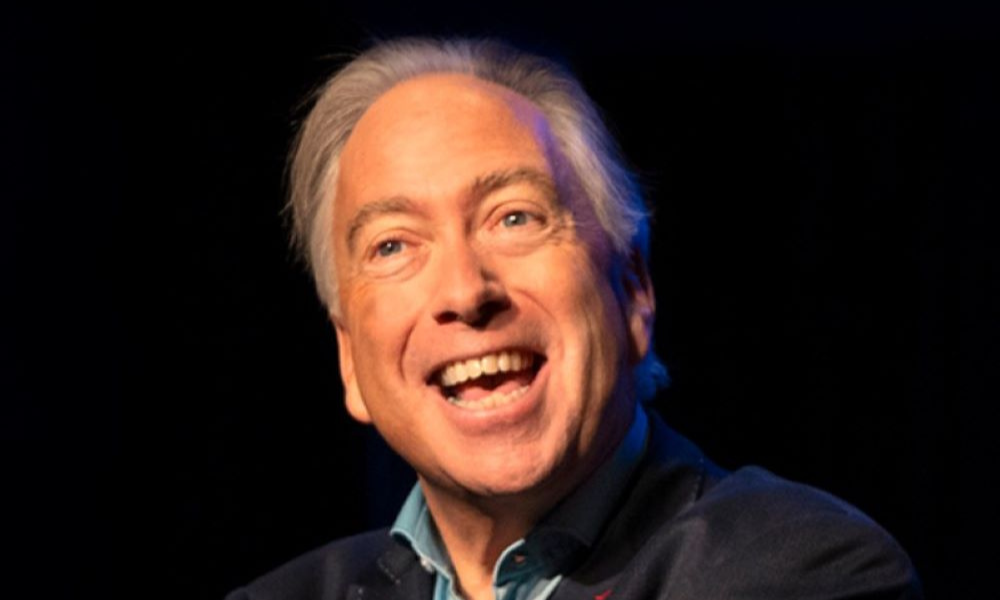
'Nothing happens unless we actually turn it into a habit,' says Micheal Kerr

In today's fast-paced business world, the role of a leader has evolved significantly. Gone are the days when leadership was solely about authority and power. That’s according to Michael Kerr - The Workplace Energizer and Business Productivity Expert. And one of the best leadership traits to have in 2023?
“To be intentional,” answers Kerr. “Nothing happens unless we actually turn it into a habit.”
The distinction between being a boss and being a leader is about the small, intentional actions that show genuine care and connection with employees. One such leader Kerr worked with had a unique way of connecting with his team.
“Every Sunday evening, he leaves a fun, inspirational or thank you message on all of his employees' voicemail messages,” Kerr tells HRD.
This simple gesture has become a cherished tradition, setting a positive tone for the week ahead. Mike Easton, CEO of Argus Industries, has an interesting practice that he calls "4 in 4," where he invites four employees every four weeks for a casual lunch.
“He does this intentionally as a way of creating psychological safety in his workplace,” says Kerr.
This practice not only breaks down barriers but also fosters open communication. And this in turn filters down into an organization’s culture – something that’s going to be key for success in the coming months.
“Culture drives success,” adds Kerr. “It's your number one competitive advantage.”
He believes that leaders today must be culture leaders, ensuring that every decision, meeting, and interaction reflects and reinforces the organization's cultural values.
“We know employees are leaving organizations like never before. Often because of a mismatch between the culture and their values.”
And when employees see themselves as culture leaders, the entire organization benefits.
“We are leaders leading leaders,” says Kerr, emphasizing that leadership isn't about creating followers but about empowering others to lead.
“It's about making sure that all of your employees feel like they are co-owners in your journey.”
Kerr also tells HRD that humour plays an essential role in psychologically safe workplace. He shared stories of leaders, like Paul Spiegelman of Beryl Health Call Center, who use humour to connect with their teams. Even as a self-proclaimed shy introvert, Spiegelman would surprise his employees with humorous antics, like showing up in a Matador costume on rollerblades.
Similarly, Sarah Blakely, former CEO of Spanx, would hold "oops meetings" where she'd share an embarrassing story and then lead everyone in a celebratory dance.
“Leaders are the orchestra conductors in a workplace,” says Kerr. “They set the tone through their behaviours and words.”
Intentional leadership is about more than just strategy and decision-making. It's about connection, culture, and authenticity. As Kerr so eloquently put it, it's about ensuring that everyone feels like a co-owner in the journey, leading with intention, and setting the tone for a positive, inclusive, and vibrant workplace.